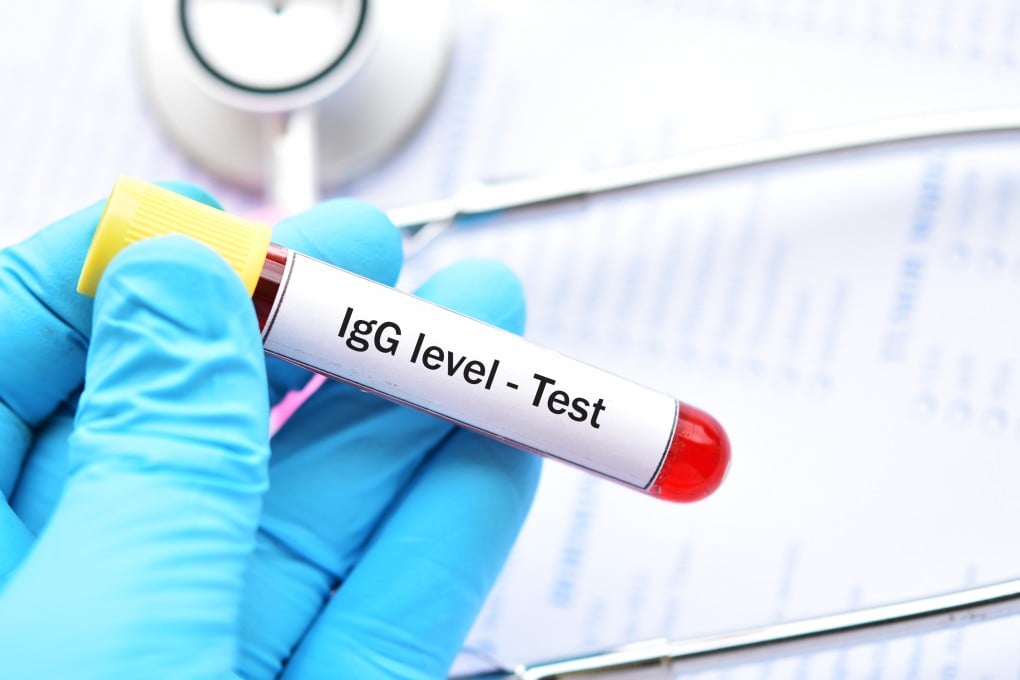Chinese scientists find most common human antibody could play big role in ageing
New study by researchers in China and US finds excessive Immunoglobulin G in the body can accelerate ageing and intensify inflammation

“Our study sheds light on the dual role of IgG in the context of ageing: while essential for immune protection in and of itself, its excessive accumulation may lead to cellular senescence and chronic inflammation, both of which are characteristic features of ageing,” they said in a new paper.
The team, which includes researchers from the Chinese Academy of Sciences, BGI Research, Capital Medical University in Beijing, several hospitals around China, and Altos Labs San Diego Institute of Science in the US, published their findings in the peer-reviewed journal Cell on Monday.
When our body encounters pathogens, it produces protective proteins known as immunoglobulins, or antibodies, to help fight them. IgG, the most abundant antibody in the human circulatory system, is capable of neutralising toxins, viruses and bacteria.
Co-corresponding author Gu Ying, deputy director of genome research organisation BGI-Research, said that in the ageing process, IgG has been found to be a sign of chronic inflammation.
“In an acute infection, antibodies attach to foreign substances and remove them from your body. However, in a long-term ageing process, rising IgG levels suggest chronic inflammation, indicating a decline in organ function and ageing,” she said.
